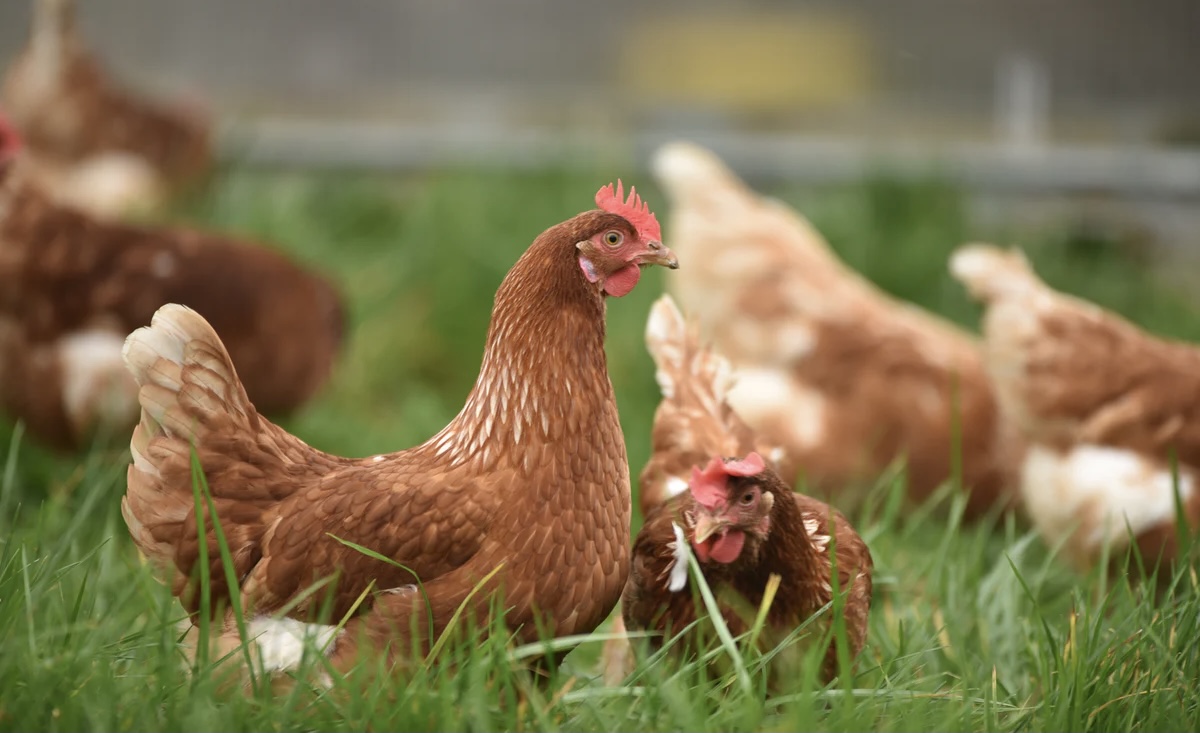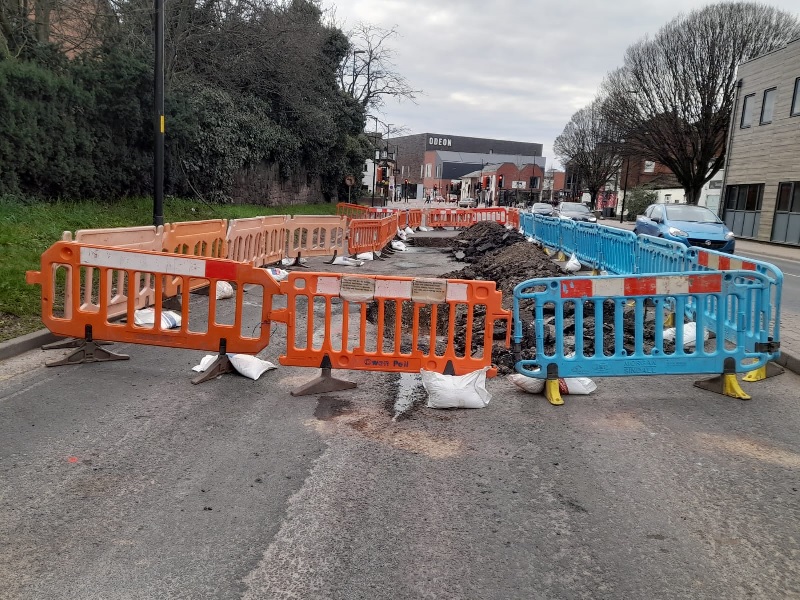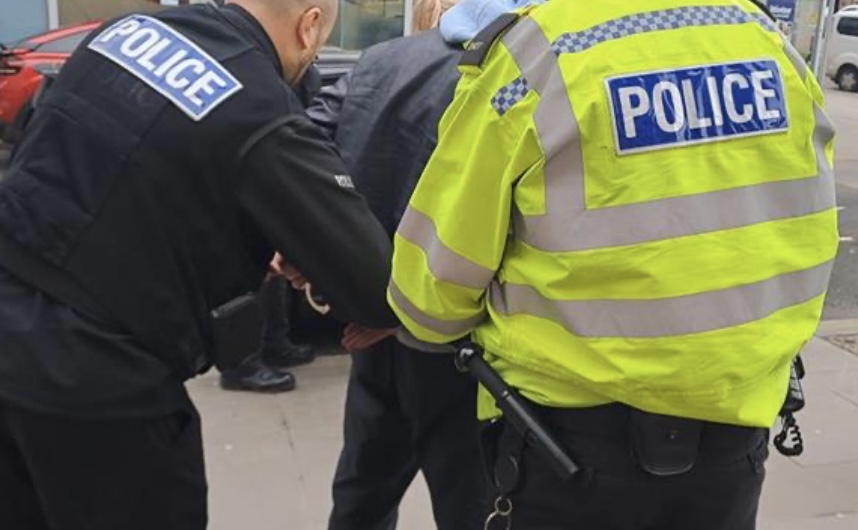Avian influenza (bird flu), a disease of birds, has been identified in captive and wild birds in the UK. All poultry keepers should review their biosecurity, sign up for disease alerts, and register their birds with APHA. Keepers must report any unexplained deaths or sickness to their vet.
Current situation
To protect poultry and captive birds from avian influenza, new housing measures came into force on 29 November. It is now a legal requirement for all bird keepers across the UK to keep their birds indoors and to follow strict biosecurity measures in order to limit the spread of and eradicate the disease.
Wild birds migrating to the UK from mainland Europe during the winter months can carry the disease and this can lead to cases in poultry and other captive birds.
Public health advice remains that the risk to human health from the virus is very low and food standards bodies advise that avian influenzas pose a very low food safety risk for UK consumers. Do not touch or pick up any dead or sick birds that you find and instead report them to the relevant helpline below. There is no impact on the consumption of properly cooked poultry products including eggs.
The introduction of housing measures on 29 November means that, in addition to housing all poultry and captive birds, keepers must continue taking extra precautions to keep their flocks safe. This includes regularly cleaning and disinfecting equipment, clothing and vehicles when entering or exiting sites and limiting access to non-essential workers or visitors.
The Chief Veterinary Officers from across all four nations have worked together to introduce the new housing measures at the same time, meaning that the restrictions have been applied across the whole of the UK.
UK Chief Veterinary Officer Christine Middlemiss said:
We have taken swift action to limit the spread of the disease but we are continuing to see a growing number of bird flu cases on farms and in backyard flocks across the country. Whether you keep just a few birds or thousands you must take action now to protect your birds from this highly infectious disease.
It is now a legal requirement to keep your birds indoors to keep them separate from wild birds which spread the disease. It is also vital that you maintain strong biosecurity by regularly checking and maintaining sheds and cleaning and disinfecting footwear to limit the risk of the disease spreading. Don’t walk the virus into your hens.
The introduction of the housing measures comes after the disease was detected in captive birds at a number of premises across Great Britain.
These housing measures will be kept under regular review as part of the government’s work to protect flocks.
Avian influenza is in no way connected to the COVID-19 pandemic, which is caused by the SARS-CoV-2 virus and is not carried in poultry or captive birds.
Advice to poultry keepers
All bird keepers must keep a close watch on them for signs of disease and maintain good biosecurity at all times. If you have any concerns about the health of your birds, seek prompt advice from your vet.
Poultry keepers must:
- house or net all poultry and captive birds to keep them separate from wild birds
- cleanse and disinfect clothing, footwear, equipment and vehicles before and after contact with poultry and captive birds – if practical, use disposable protective clothing
- reduce the movement of people, vehicles or equipment to and from areas where poultry and captive birds are kept, to minimise contamination from manure, slurry and other products, and use effective vermin control
- thoroughly cleanse and disinfect housing on a continuous basis
- keep fresh disinfectant at the right concentration at all farm and poultry housing entry and exit points
- minimise direct and indirect contact between poultry and captive birds and wild birds, including making sure all feed and water is not accessible to wild birds
See biosecurity advice for more information.
Premises near Newent, Forest of Dean, Gloucestershire
Highly pathogenic avian influenza (HPAI) H5N1 was confirmed in birds at a premises near Newent, Forest of Dean, Gloucestershire on the 5 December 2021. All birds on the infected premises will be humanely culled.
A 3km Protection Zone and 10km Surveillance Zone has been put in place around the premises. Details of the measures that apply in these zones can be found in the declaration.
Declaration of a Protection Zone and a Surveillance Zone (H5N1 Highly Pathogenic Avian Influenza) – near Newent, Forest of Dean, Gloucestershire
Premises near Clifford, Hereford and South Herefordshire, Herefordshire
Highly pathogenic avian influenza (HPAI) H5N1 was confirmed in birds at a premises near Clifford, Hereford and South Herefordshire, Herefordshire on the 10 December 2021. All birds on the infected premises will be humanely culled.
A 3km Protection Zone and 10km Surveillance Zone has been put in place around the premises. Details of the measures that apply in these zones can be found in the declaration.
Declaration of a Protection Zone and a Surveillance Zone (H5N1 Highly Pathogenic Avian Influenza) – Near
Premises near Leominster, North Herefordshire, Herefordshire
Highly pathogenic avian influenza (HPAI) H5N1 was confirmed in birds at a premises near Leominster, North Herefordshire, Herefordshire on the 2 December 2021. All birds on the infected premises will be humanely culled.
A 3km Protection Zone and 10km Surveillance Zone has been put in place around the premises. Details of the measures that apply in these zones can be found in the declaration.
Declaration of a Protection Zone and a Surveillance Zone (H5N1 Highly Pathogenic Avian Influenza) – Near Leominster, North Herefordshire, Herefordshire
Contains public sector information licensed under the Open Government Licence v3.0.




